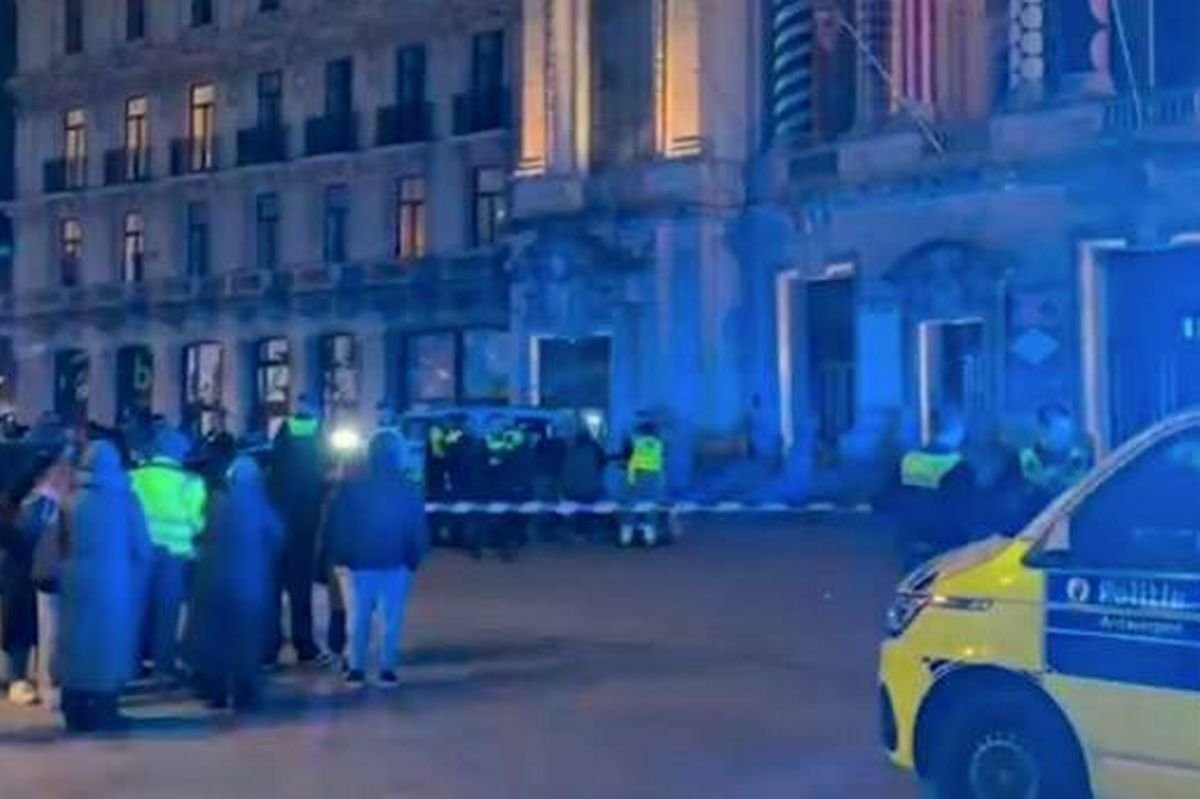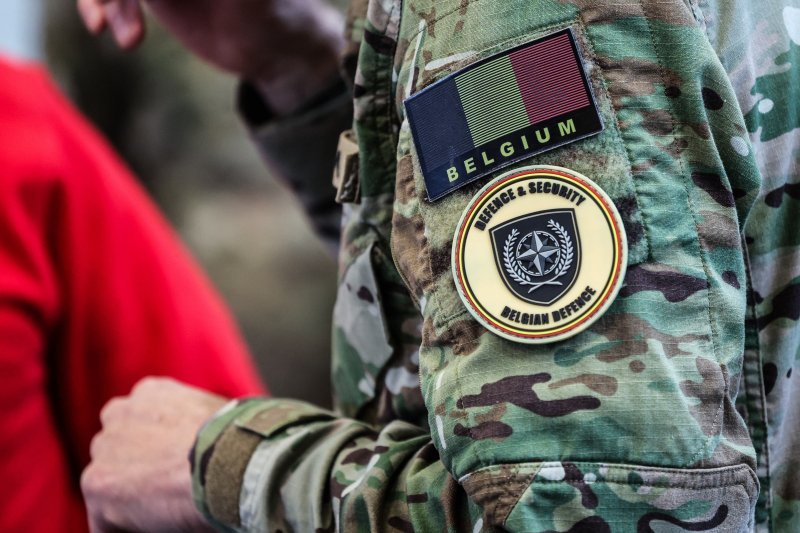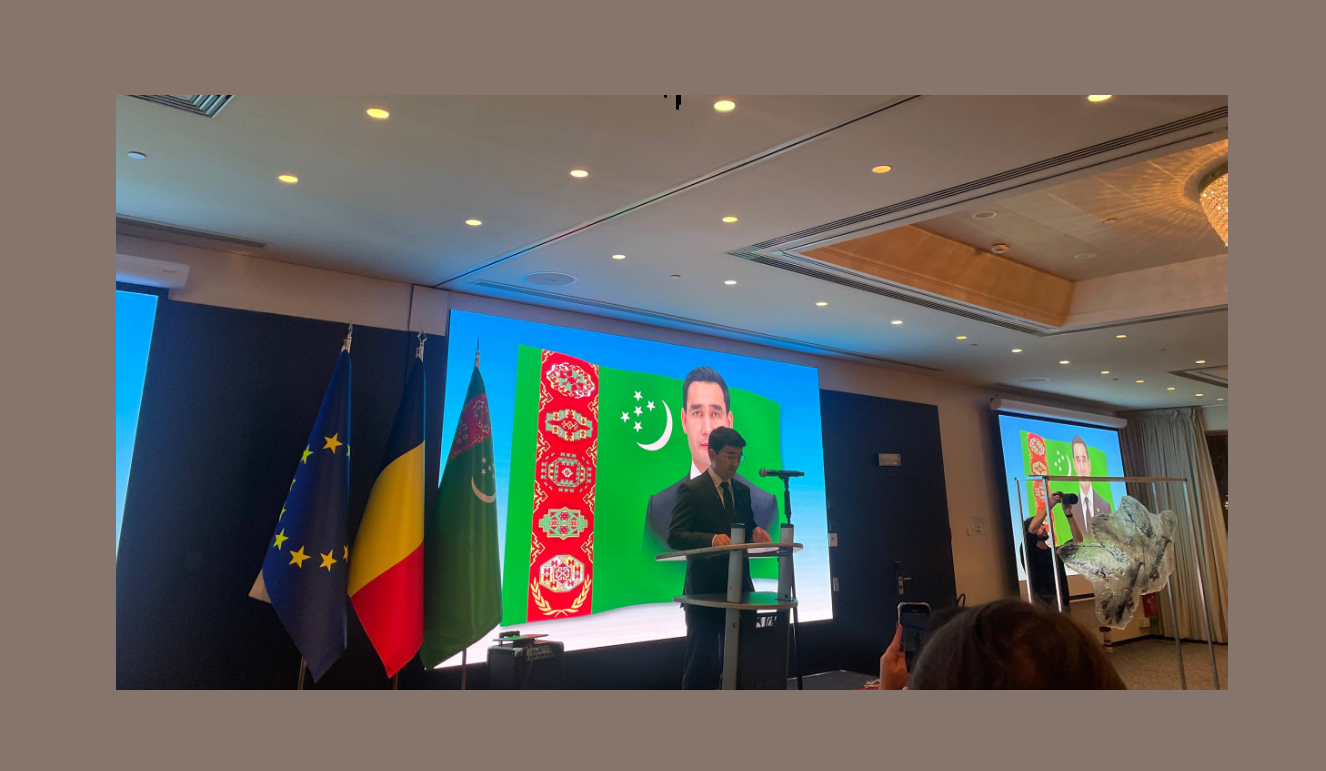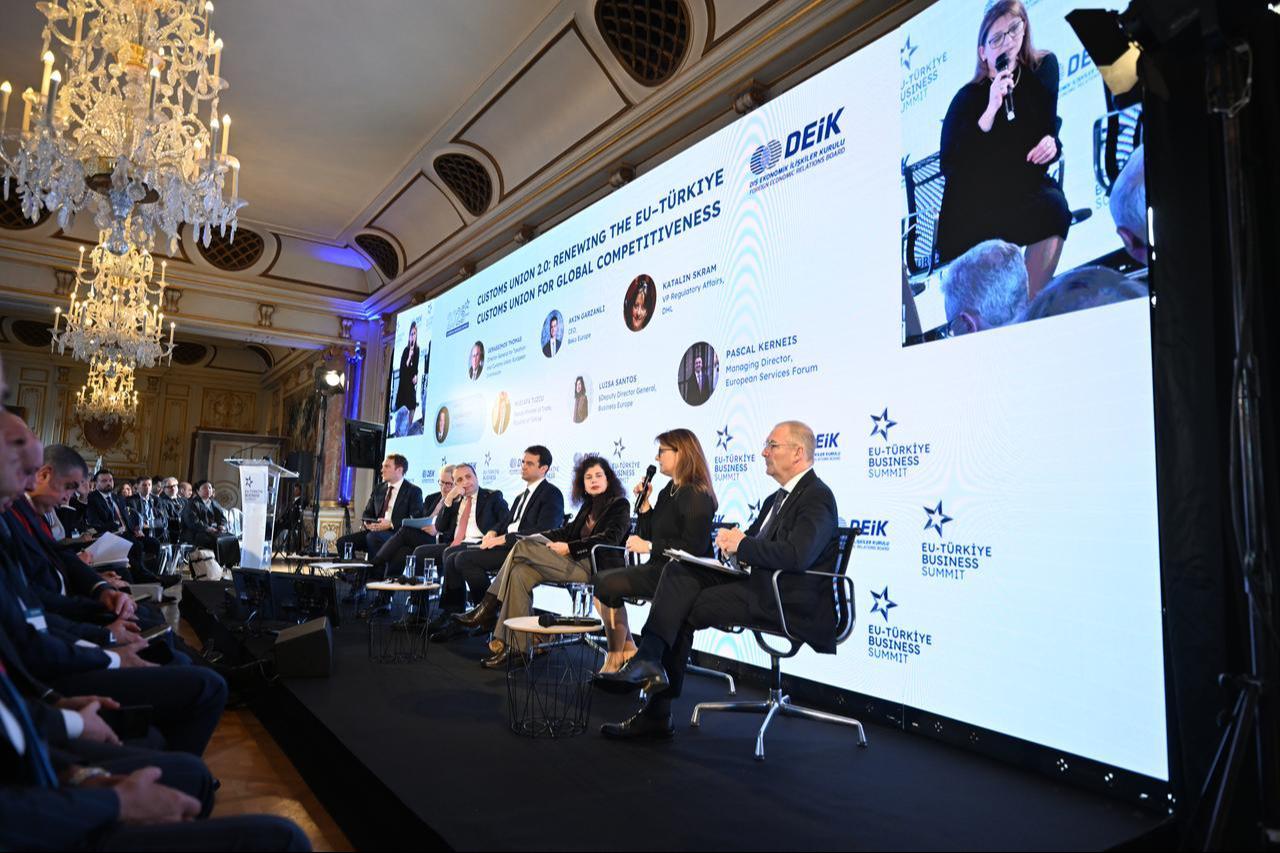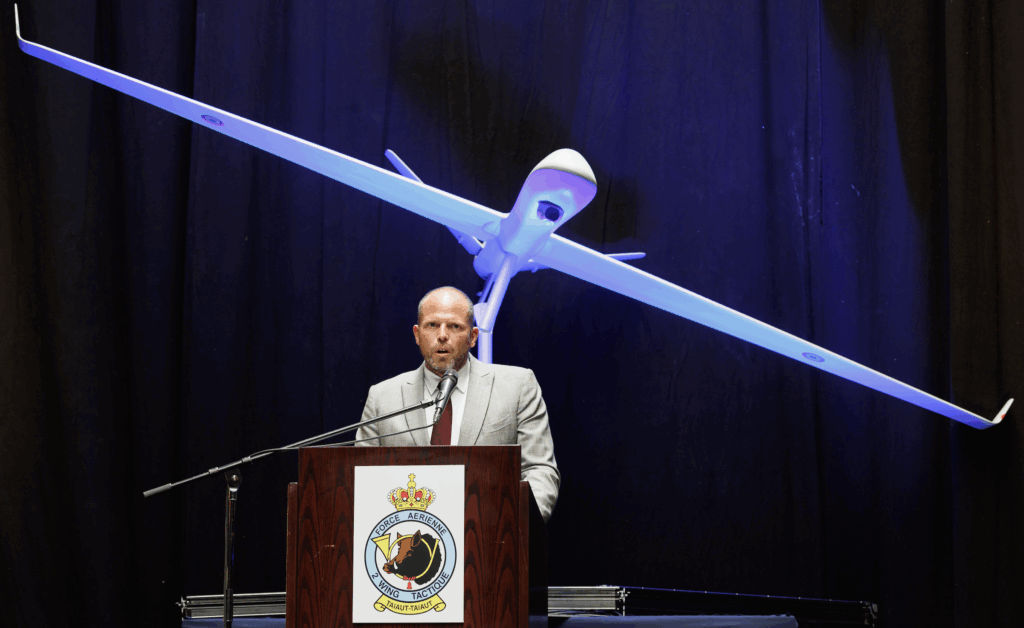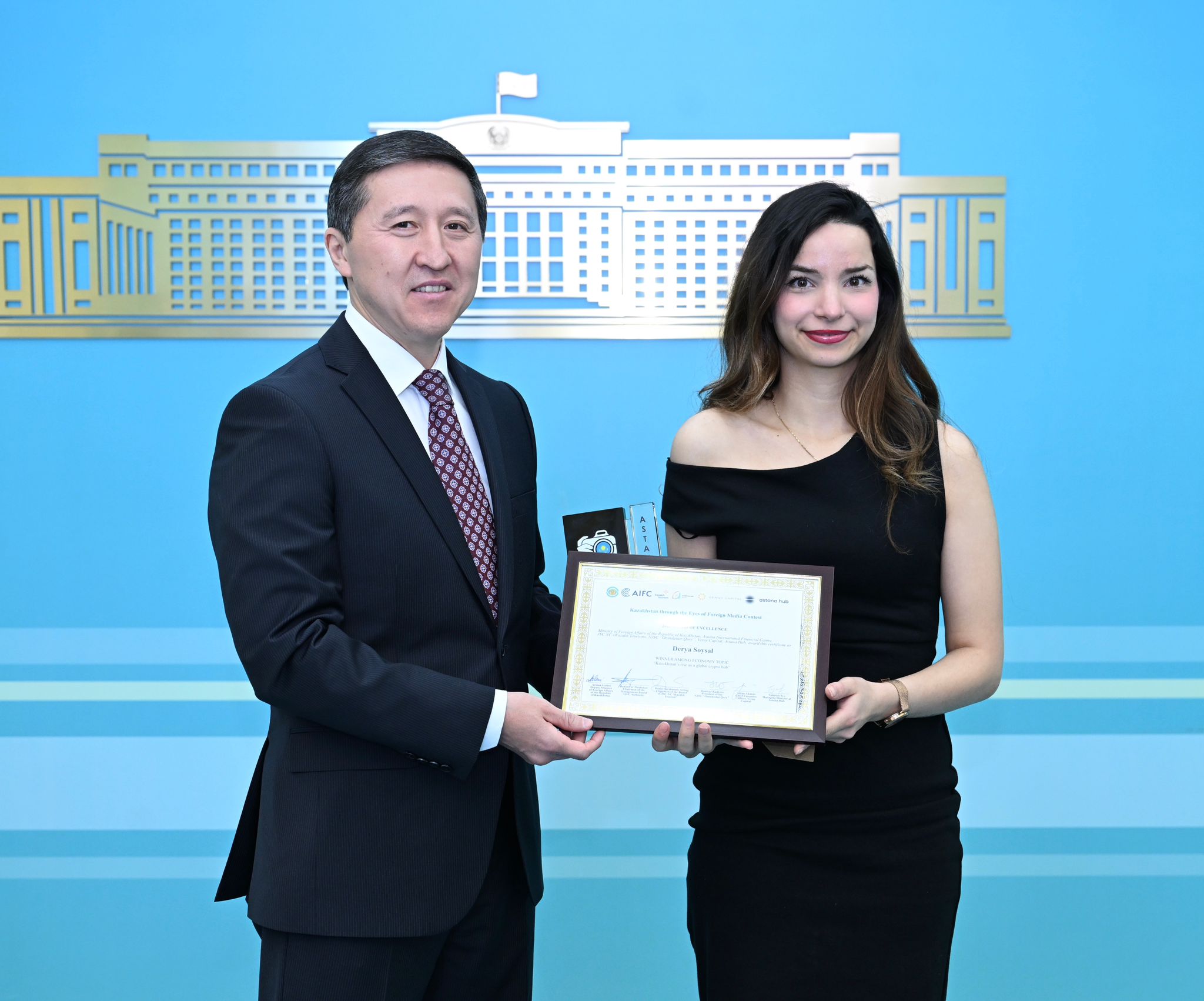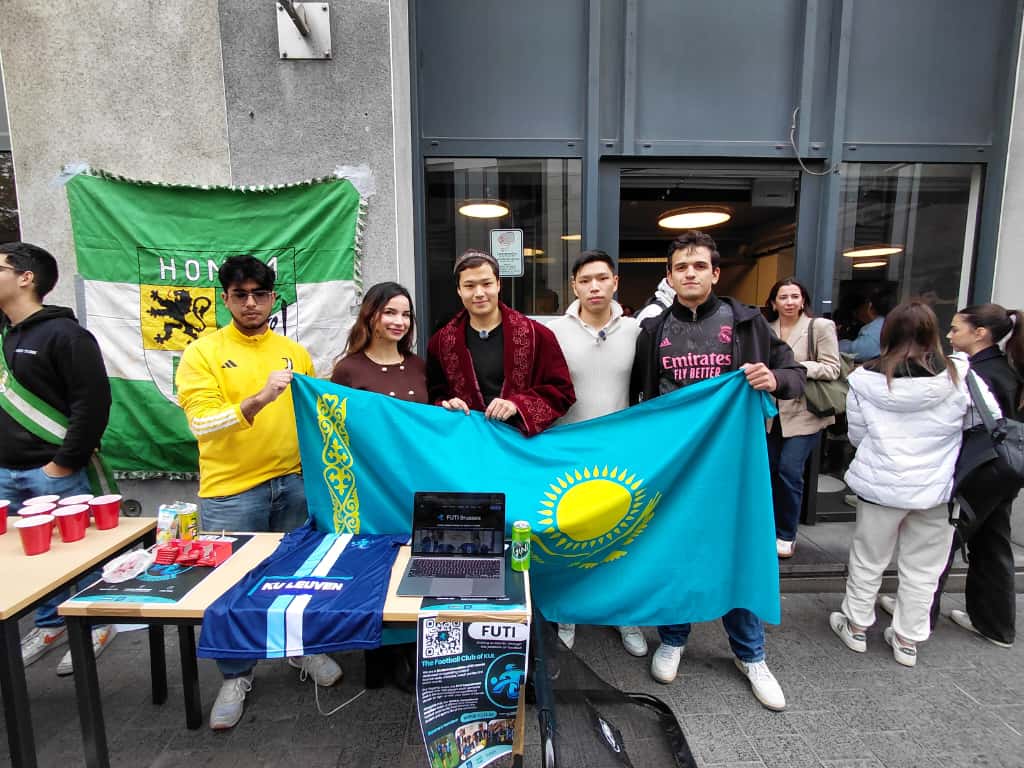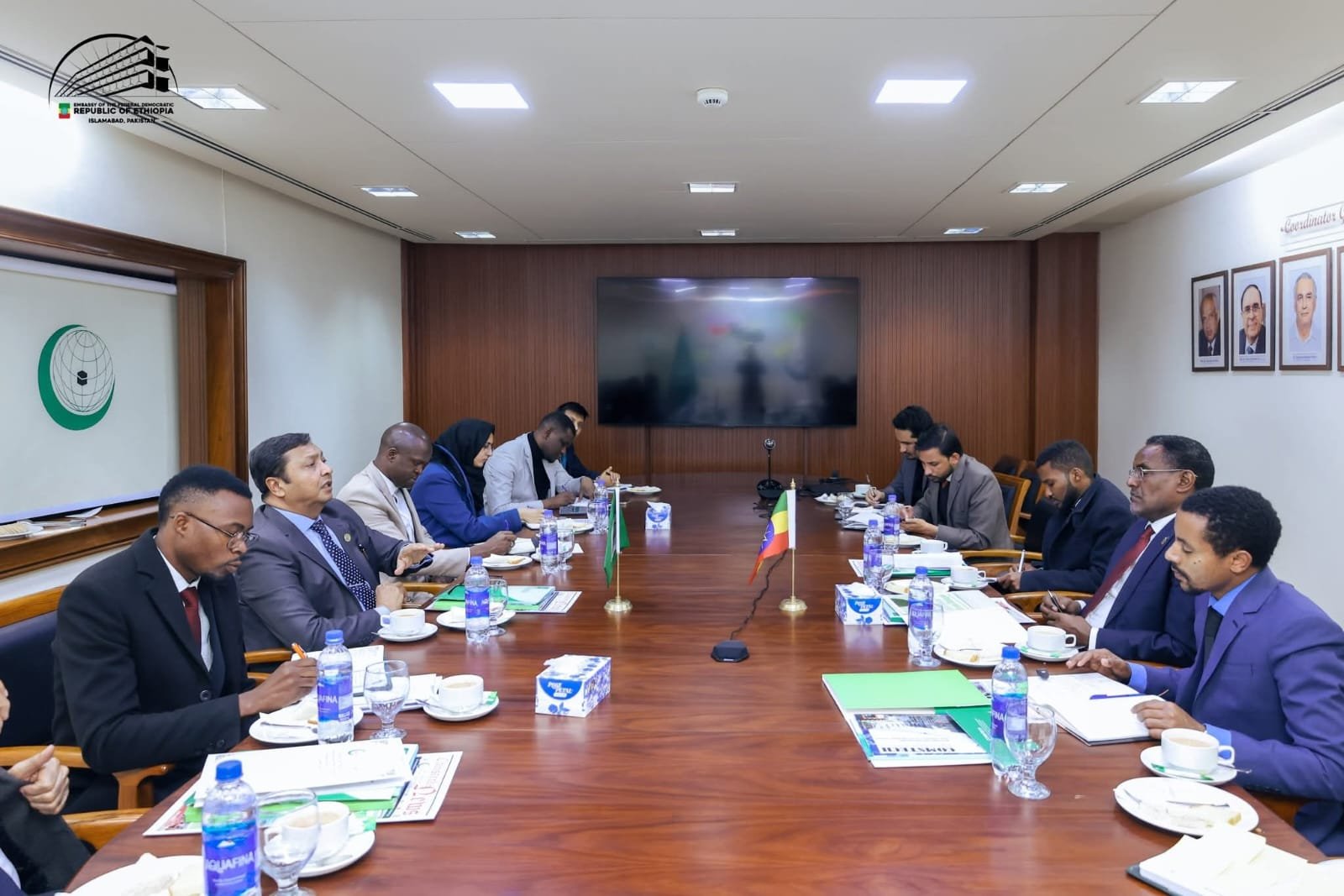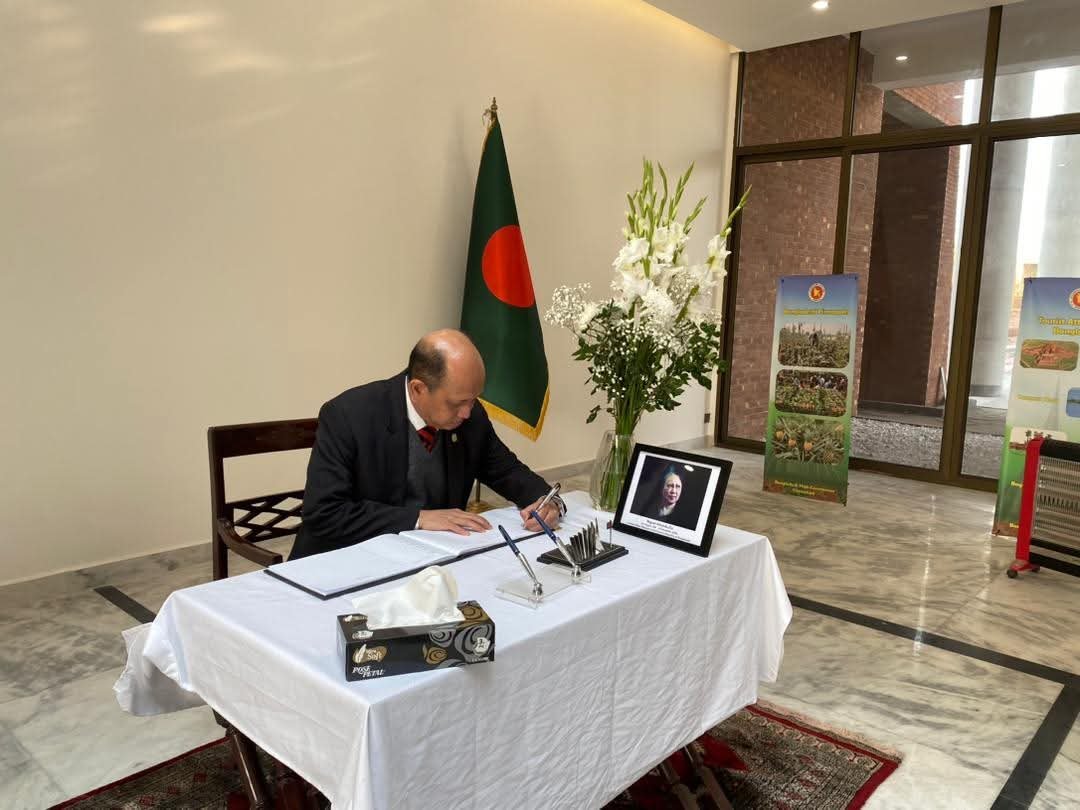Brussels, July 21, 2025 – The Europe Today: Belgium marks its National Day today with traditional parades, lively street parties, and, unsurprisingly, generous amounts of beer. Citizens across the country will gather in squares and avenues, waving flags and singing the national anthem – or at least trying to.
The reason for the confusion? Belgium’s national anthem, La Brabançonne, exists in four different versions. What began as a revolutionary song penned in French by exiled French actor Jenneval in 1830, during Belgium’s fight for independence, has evolved into a linguistic maze that reflects the country’s complex identity.
Jenneval scribbled the original lyrics in a small room above the Brussels café L’Aigle d’Or while battles raged outside. Composer François Van Campenhout later adapted the words to the tune of an old drinking song, and the anthem was born.
Over time, the anthem was shortened to a single verse and officially translated into Dutch and German – the country’s other two national languages. Each version begins differently:
- In Wallonia, they sing “Ô Belgique, ô mère chérie” – O Belgium, o mother dear.
- In Flanders, it’s “O dierbaar België, o heilig land der vaad’ren” – O dear Belgium, o holy land of the fathers.
- In Belgium’s German-speaking region, students learn “O liebes Land, o Belgiens Erde” – O dear country, o Belgium’s soil.
At Place Surlet de Chokier in Brussels, the romantic La Brabançonne statue bears the anthem’s opening verse—initially just in French, now also in Dutch. In an effort to unify the anthem, a trilingual version has also gained popularity, moving seamlessly from Dutch to French to German in a 12-line blend.
But even among politicians, the lyrics remain a challenge. When Yves Leterme, a former prime minister, was asked during a 2011 TV interview to sing the national anthem, he famously responded with the French national anthem instead. Despite the blunder, he still became prime minister.
“Maybe it’s a good thing that nationalism doesn’t exist in Belgium,” said journalist Bernard Bulcke. “So we can’t sing the national anthem. Who cares?”
As the festivities unfold, perhaps what matters most is not the lyrics, but the spirit of unity and celebration that defines this day.

